The overuse of CT scans could cause over 100,000 cases of cancer in the US – with almost 10,000 cases in children, researchers have warned.
According to a new modelling study, published in the journal JAMA Internal Medicine, the high number of CT (computed tomography) scans carried out in the United States in 2023 could cause 5 per cent of all cancers in the country, equal to the number of cancers caused by alcohol.
CT scans increase the risk of cancer due to the use of ionising radiation. The risk to individuals is low and benefits most often outweigh the risks, as long as the scan is clinically justified.
93 million CT scans carried out in 2023
However, a team of researchers from The Institute of Cancer Research, London, Kaiser Permanente Washington, Seattle, and the University of California, San Francisco, are concerned about the increasing radiation doses used in CT scans and the rising rates of use in the US. Since 2009, the number of CT scans carried out in the US has risen by 30 per cent.
The research team calculated the number of cancers expected in future in the US population that will be linked to the 93 million CT scans carried out on 62 million people in 2023.
Using a publicly available risk model developed by Professor Amy Berrington, Leader of the Clinical Cancer Epidemiology Group at The Institute of Cancer Research (ICR) on lifetime cancer risk after exposure to radiation, combined with US data on the number of CT scans and doses, the team estimated the numbers and types of cancers that were expected in both children and adults.
9,700 cancers in children
Their model found that the CT scans carried out in 2.5 million children would result in 9,700 cancers. Although cancer risk from radiation is higher in children, CT scans were carried out more frequently in adults, resulting in more expected cancers in the older population.
Organ sensitivity to radiation varies at different ages. In adults, future cancers are likely to be linked to chest and abdomen CTs, whereas in children, brain CT scans carry a higher risk.
CT scans are an important imaging technique used to diagnose cancers, detect bone injuries, and to guide treatments. The researchers emphasise that benefits to the individual will outweigh the risks if the scan is clinically justified – it will impact clinical decision making – and the dose is adjusted to the person’s age and the organ being targeted. However, as the number of CT scans rises across the population, more radiation-linked cancers are expected.
CT scans must be clinically justified
In the UK, regulations mean that CT scan requests are reviewed by radiologists and only carried out when clinically justified and with optimised doses. Because of this, the UK has one of the lowest rates of CT scans per population in OECD countries – less than 100 scans per 1,000 people, compared with over 250 scans per 1,000 people in the US. Research studies have provided evidence that CT scans used in targeted screening on healthy people, such as for lung cancer, will save lives, and that the benefits outweigh the risks.
However, the researchers argue that the risk of cancer outweighs any potential benefit from the whole-body scans offered by private clinics to healthy people.
'Small risks do add up'
Professor Amy Berrington, Leader of the Clinical Cancer Epidemiology Group at The Institute of Cancer Research, London, who co-led the study, said:
“While CT scans are immensely beneficial in diagnosing and detecting many conditions, including cancer, they do involve exposure to ionising radiation that has been shown to increase the risk of developing cancer. It’s important to note that for the individual patient, this increased risk is small, and the benefits far outweigh the risks if the scan is clinically justified. But when millions of CT scans are being carried out across the population, these small risks do add up. In the US, CT-related cancers could now account for 5 per cent of all cancers – some of these cancers could be prevented by avoiding unnecessary scans and ensuring correct doses are used.
“While the NHS in the UK has a much better system to ensure that CT scans are clinically justified, we must not get complacent. Many other countries in Europe and also Australia perform high numbers of scans – and these numbers are rising. We are urging doctors to ensure that scans are only carried out where necessary, and that doses are appropriate for the patient.”
Dr Rebecca Smith-Bindman, Radiologist and Professor of Epidemiology and Biostatistics, Obstetrics, Gynecology and Reproductive Medicine at the University of California San Francisco, said:
“These future cancer risks can be reduced either by reducing the number of CT scans (particularly low value scans which are used in situations where they are unlikely to help the patient) or by reducing the doses per exam. The doses for CT remain highly variable across patients’ hospitals, even in the UK, and there are opportunities to reduce those doses without reducing the accuracy of the tests.”
Professor Kristian Helin, Chief Executive of The Institute of Cancer Research, London, said:
“CT scans have transformed patient care, and it’s important that people do continue having their scans when they are invited by their doctor.
“This research models the potential impact that CT scans could have on cancer cases, across the whole population. While we search for smarter, kinder treatments for cancer patients, we must also seek to understand how to prevent the disease. This research will add to the growing body of evidence that indicates that CT scans must only be used when necessary for clinical decision making.”
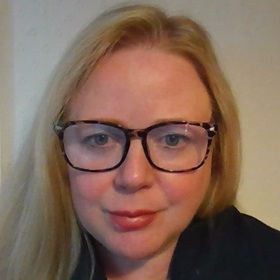
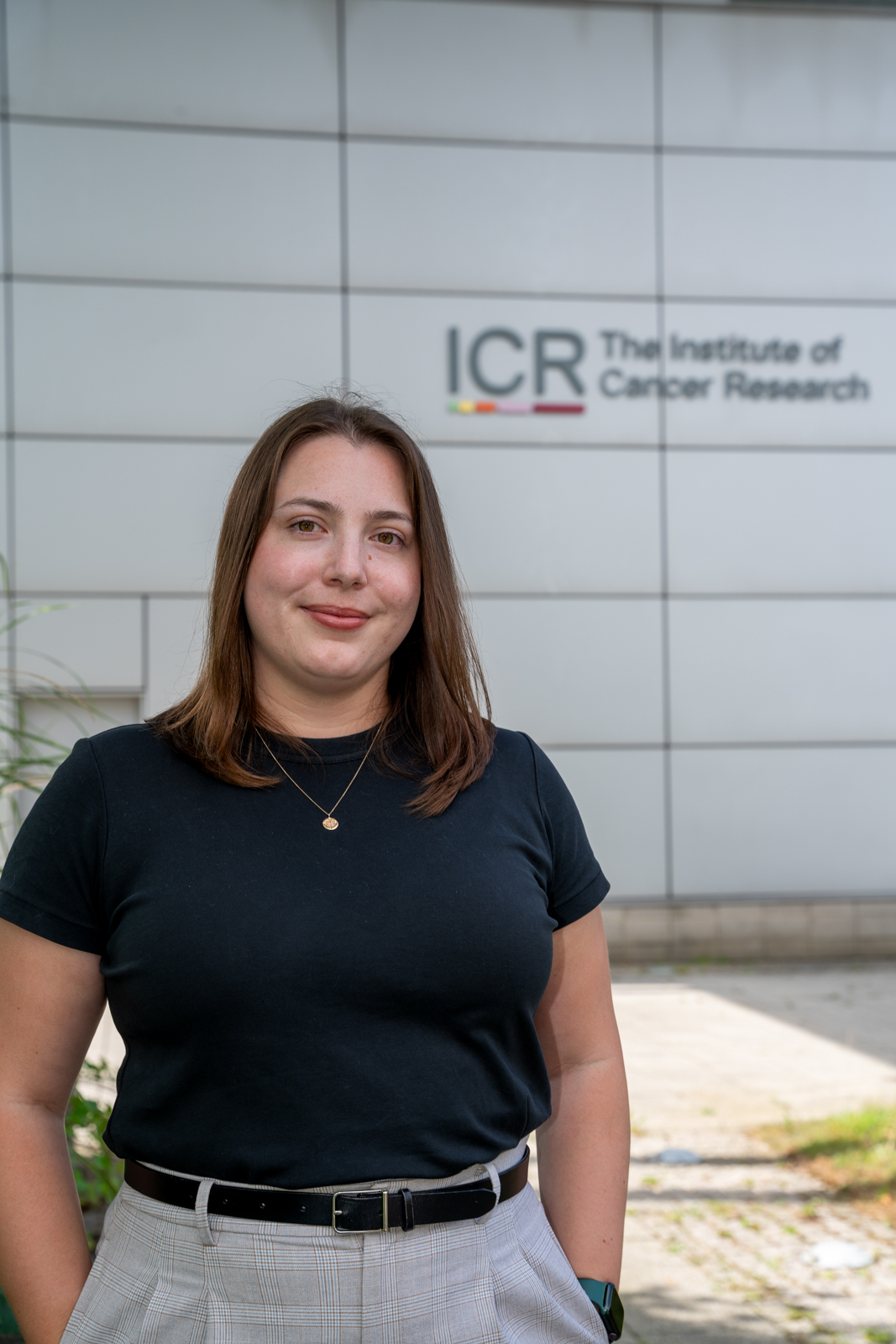 .
.
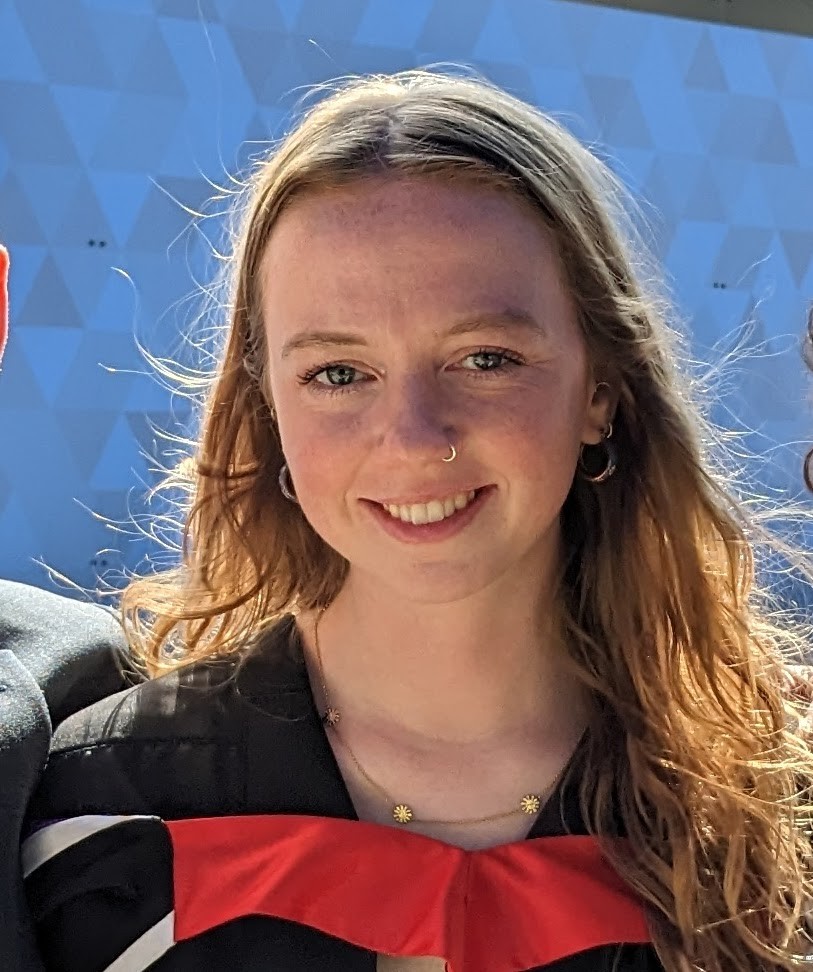 .
.
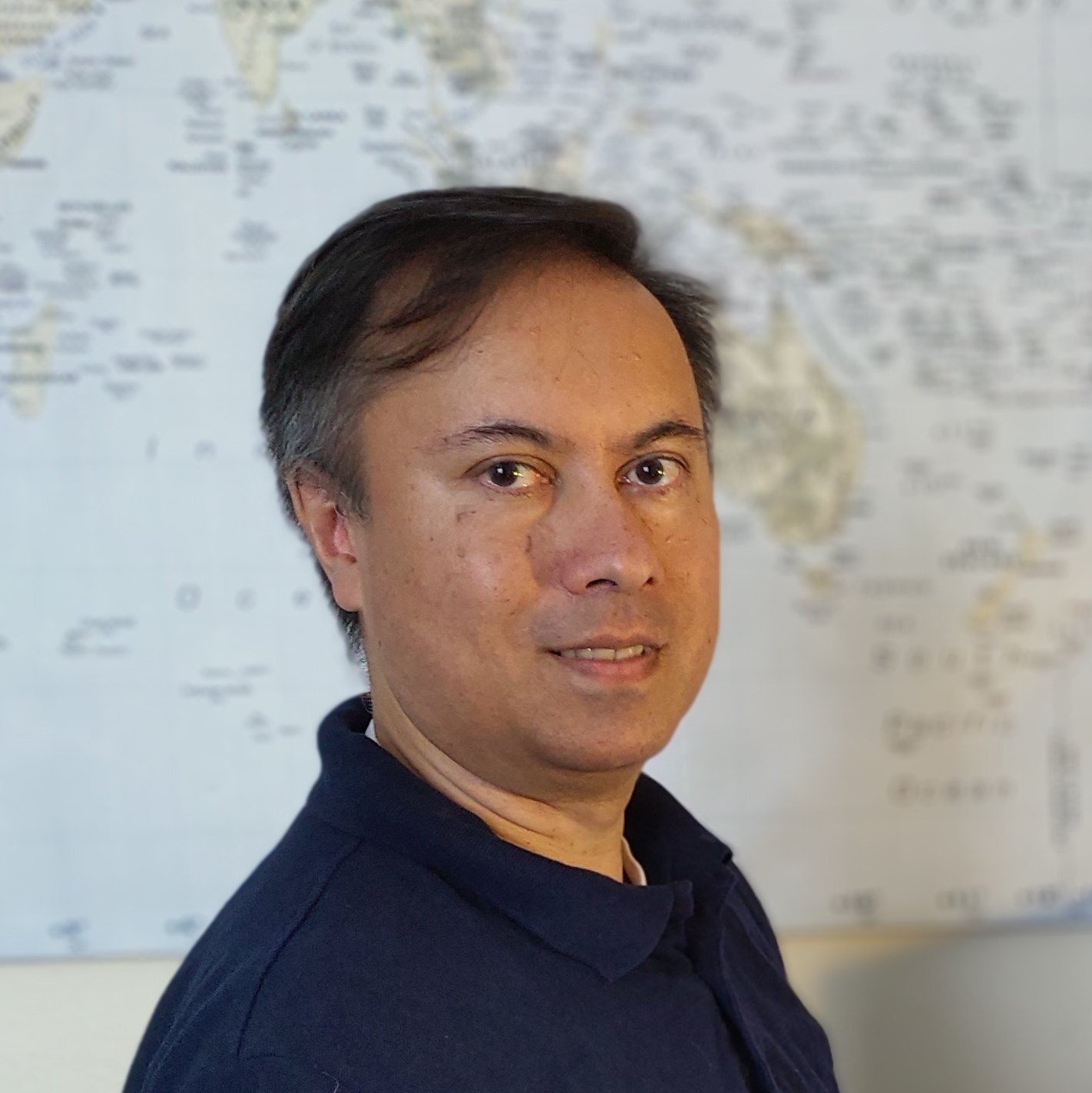 .
.
 .
.
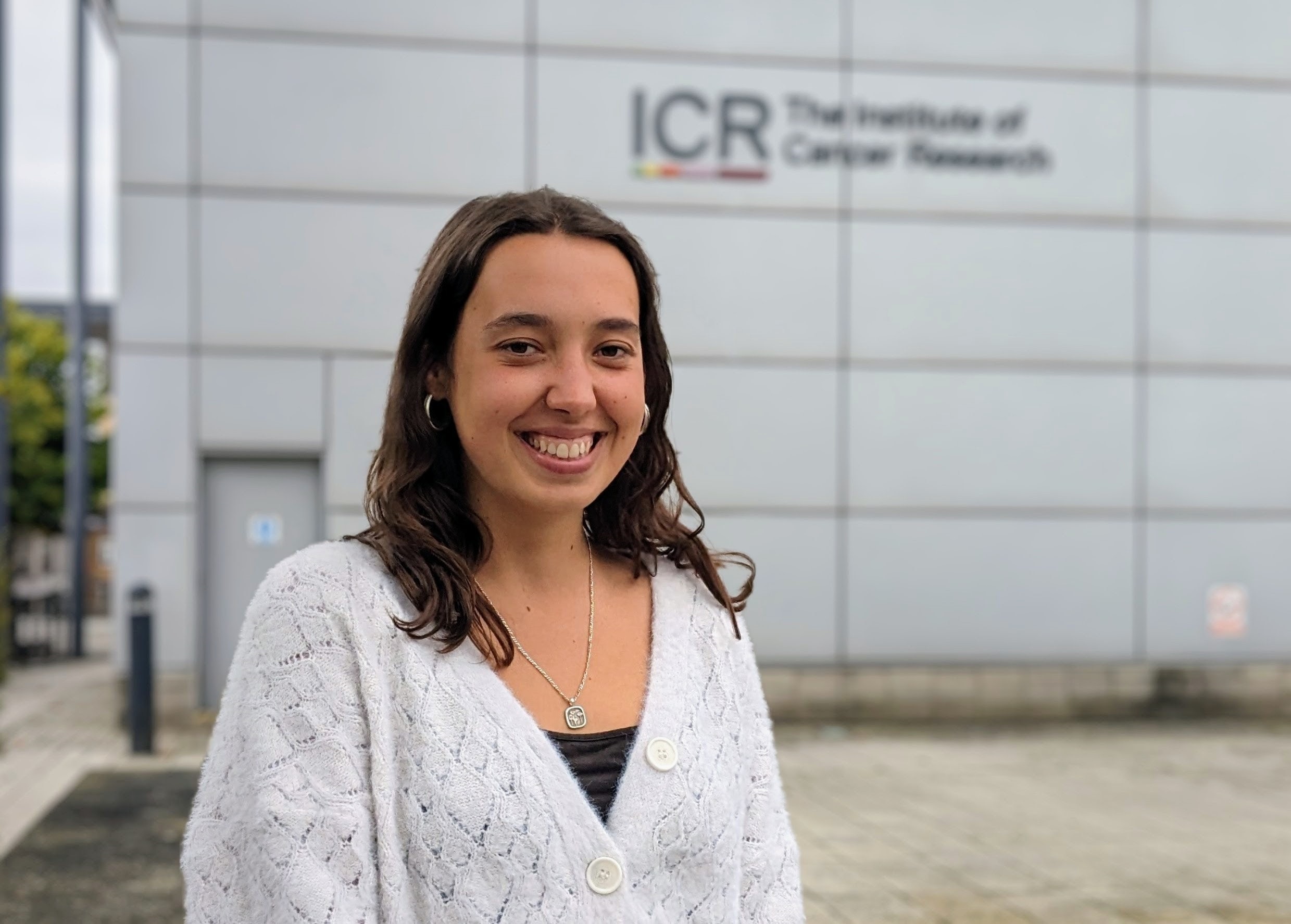 .
.
 .
.
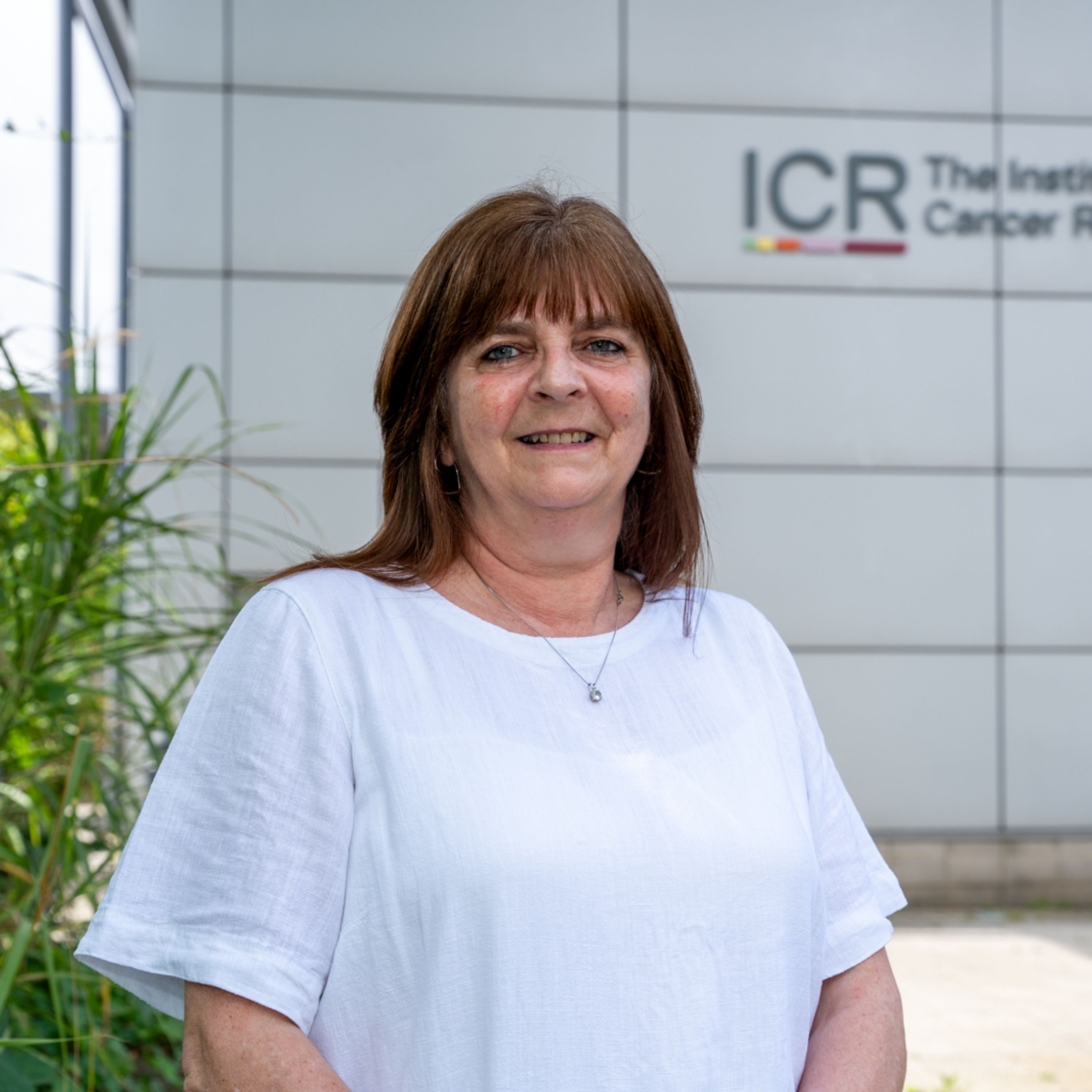 .
.
 .
.